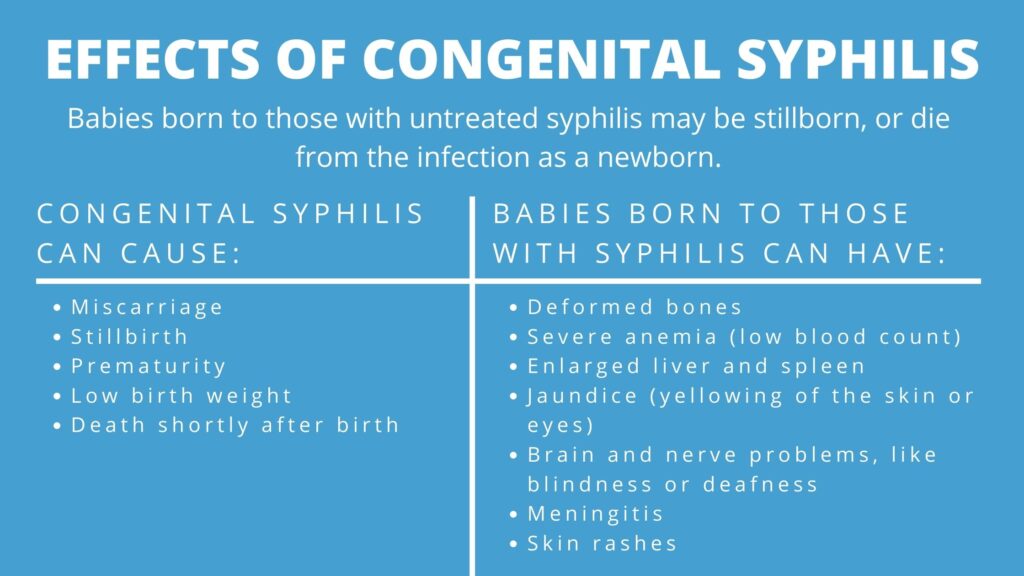Dds Vs Dmd: Know The Difference
The dental profession is filled with various career paths, each with its unique set of responsibilities and requirements. Two of the most popular and often confusion-causing degrees in the dental field are the Doctor of Dental Surgery (DDS) and the Doctor of Dental Medicine (DMD). While both degrees lead to the same career outcome - becoming a licensed dentist - there are historical, philosophical, and subtle differences between them.
Historical Background
To understand the difference between DDS and DMD, it’s essential to delve into their historical backgrounds. The DDS degree was first introduced in 1848 by the Baltimore College of Dental Surgery, which is now part of the University of Maryland. The degree was designed to provide a more practical approach to dental education, focusing on the clinical and surgical aspects of dentistry.
On the other hand, the DMD degree was introduced in 1868 by the Harvard University School of Dental Medicine. The DMD degree was designed to provide a more scientifically oriented approach to dental education, focusing on the medical and biological aspects of dentistry.
Curriculum and Philosophy
Although both degrees have the same core curriculum, there are subtle differences in their philosophies. The DDS degree tends to focus more on the surgical and clinical aspects of dentistry, while the DMD degree places more emphasis on the medical and biological sciences.
DDS programs often have a more hands-on approach, with students participating in clinical rotations and patient care from the early stages of their education. In contrast, DMD programs may have a stronger emphasis on the theoretical and scientific foundations of dentistry, with more coursework in subjects like biochemistry, pharmacology, and anatomy.
Accreditation and Licensure
Both DDS and DMD degrees are accredited by the Commission on Dental Accreditation (CODA), which is the sole accrediting agency for dental education programs in the United States. This means that both degrees meet the same standards for education and training, and graduates of both programs are eligible to take the National Board Dental Examination (NBDE) and obtain licensure to practice dentistry.
Career Prospects
In terms of career prospects, there is no difference between DDS and DMD degrees. Both degrees qualify graduates to work as licensed dentists, and employers do not differentiate between the two degrees when hiring.
Graduates of both programs can pursue various career paths, including general dentistry, specialty dentistry (such as orthodontics, periodontics, or oral surgery), research, academia, or public health. The choice between a DDS and DMD program should be based on individual preferences, career goals, and the specific strengths and weaknesses of each program.
Myth vs. Reality
There are several myths surrounding the differences between DDS and DMD degrees. One common myth is that DMD programs are more prestigious or respected than DDS programs. However, this is not supported by evidence. Both degrees are accredited by the same agency and have the same standards for education and training.
Another myth is that DDS programs are more focused on technical skills, while DMD programs are more focused on scientific knowledge. While there may be some variation in the emphasis between programs, both degrees require a strong foundation in both technical skills and scientific knowledge.
Key Takeaways
- Both DDS and DMD degrees lead to licensure as a dentist and have the same career prospects.
- The main difference between the two degrees is historical and philosophical, with DDS programs focusing more on the clinical and surgical aspects of dentistry, and DMD programs focusing more on the medical and biological sciences.
- Both degrees are accredited by the Commission on Dental Accreditation (CODA) and have the same standards for education and training.
- The choice between a DDS and DMD program should be based on individual preferences, career goals, and the specific strengths and weaknesses of each program.
FAQ Section
Is a DDS or DMD degree more prestigious?
+No, both degrees are accredited by the same agency and have the same standards for education and training. The choice between a DDS and DMD program should be based on individual preferences, career goals, and the specific strengths and weaknesses of each program.
Can I pursue a specialty dentistry career with either degree?
+Yes, both DDS and DMD degrees qualify graduates to pursue specialty dentistry careers, such as orthodontics, periodontics, or oral surgery.
Are there any differences in the curriculum between DDS and DMD programs?
+While both degrees have the same core curriculum, there may be subtle differences in the emphasis between programs. DDS programs may focus more on the clinical and surgical aspects of dentistry, while DMD programs may focus more on the medical and biological sciences.
Can I practice dentistry in any state with either degree?
+Yes, both DDS and DMD degrees qualify graduates to take the National Board Dental Examination (NBDE) and obtain licensure to practice dentistry in any state.
How long does it take to complete a DDS or DMD program?
+Both DDS and DMD programs typically take four years to complete, although some programs may offer combined degree programs or part-time options.


